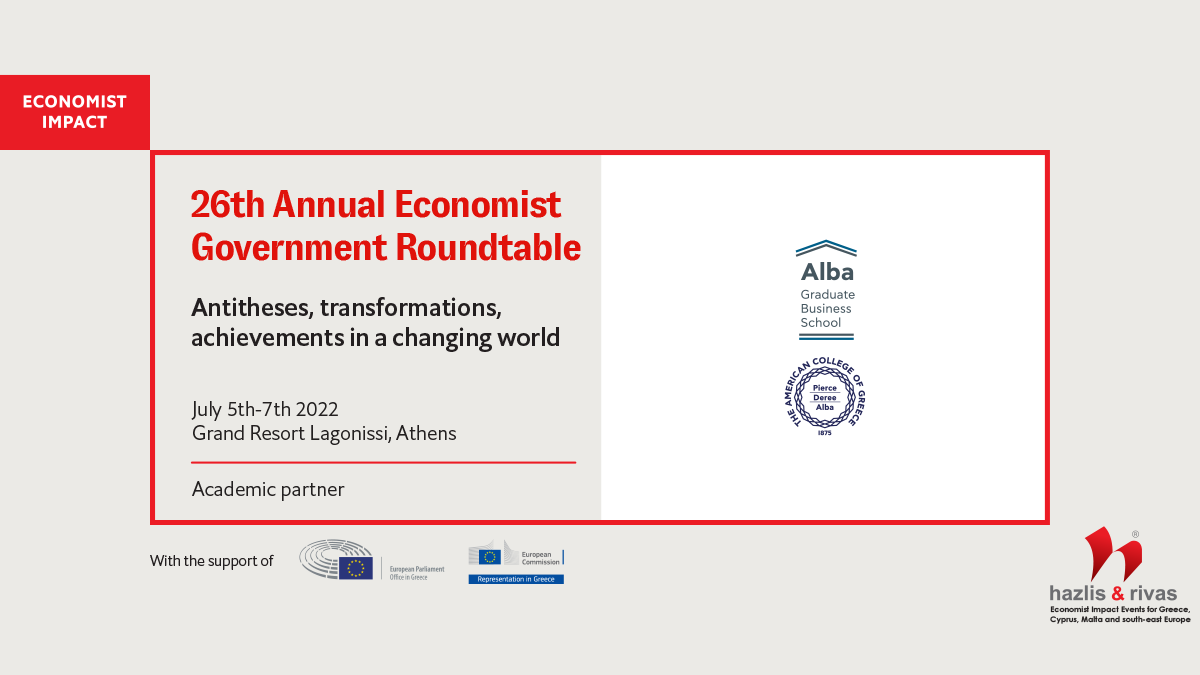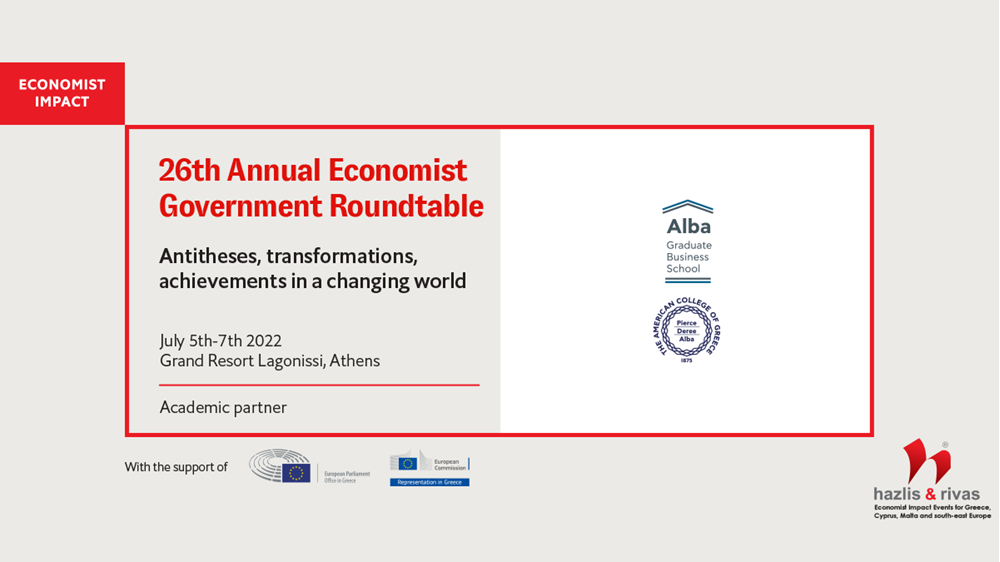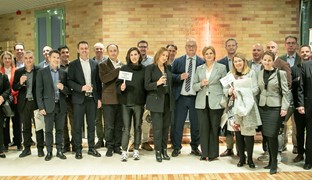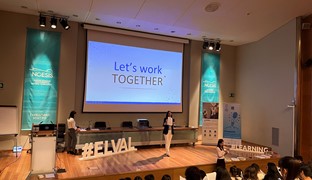Transformations and Achievements in Greece’s Business Sector
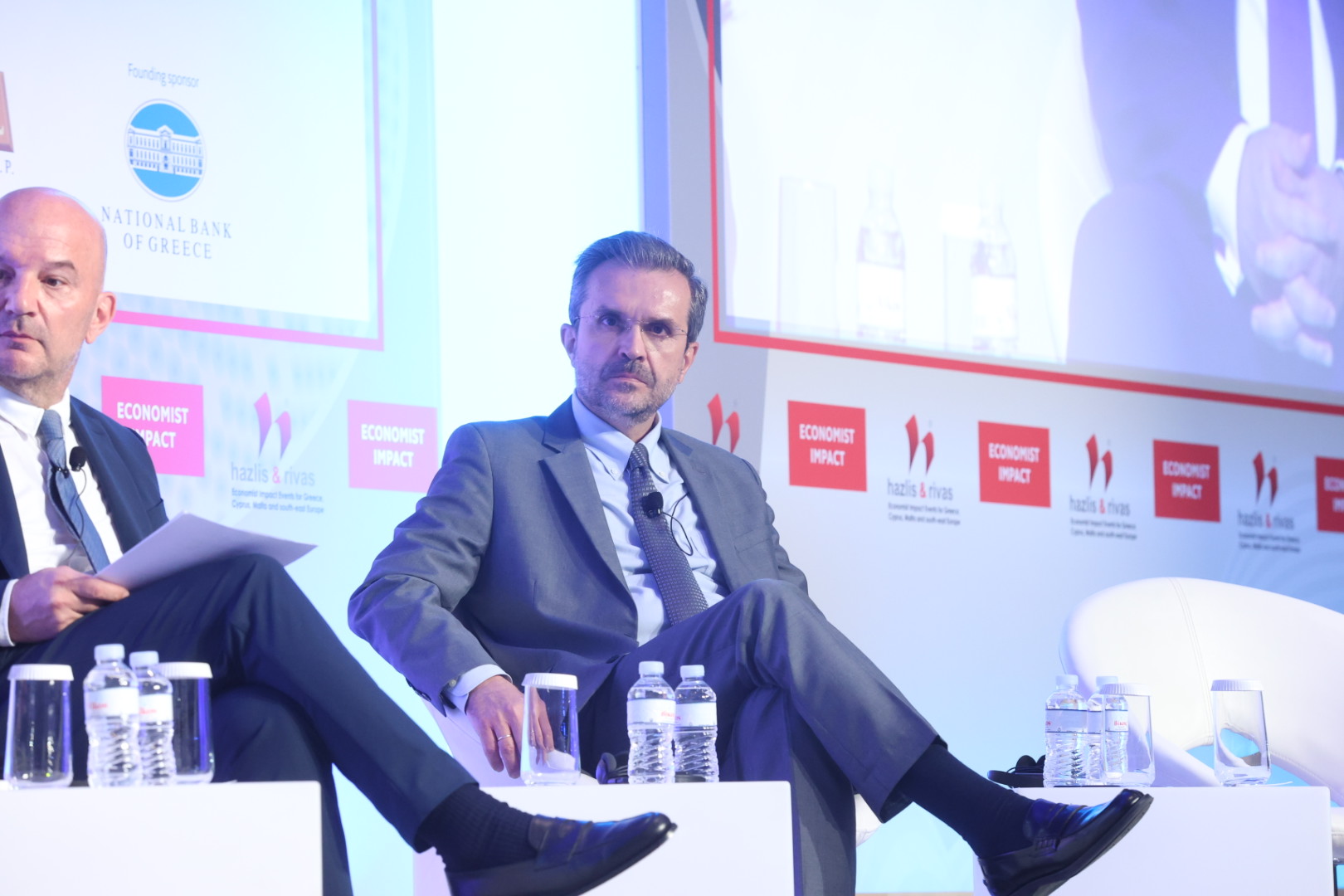
The 26th Annual Economist Government Roundtable entitled “Antithesis, transformations, achievement in a changing world” was held at the Grand Resort Lagonissi, Athens, on July 5-7, 2022. Alba Dean and Professor of International Business Relations, Kostas Axarloglou, was one of the invited luminaries who shared their thoughts on how Greece can pave the way towards a new growth model.
Dr. Axarloglou participated in a roundtable discussion on “Transformations and Achievements in Greece’s Business Sector,” which took place on the second day of the conference. His fellow panelists were Adonis Georgiadis, Minister for Development and Investment; Panagiotis Mourgos, CEO of TEXAN A.B.E.E.; Stavros Konstantas, CEO of “Ethniki” Insurance Company; Greg O’Hara, founder and CEO of the investment company Certares; and Stefan Kraus, Chief Operating Officer of the consulting company Henley & Partners.
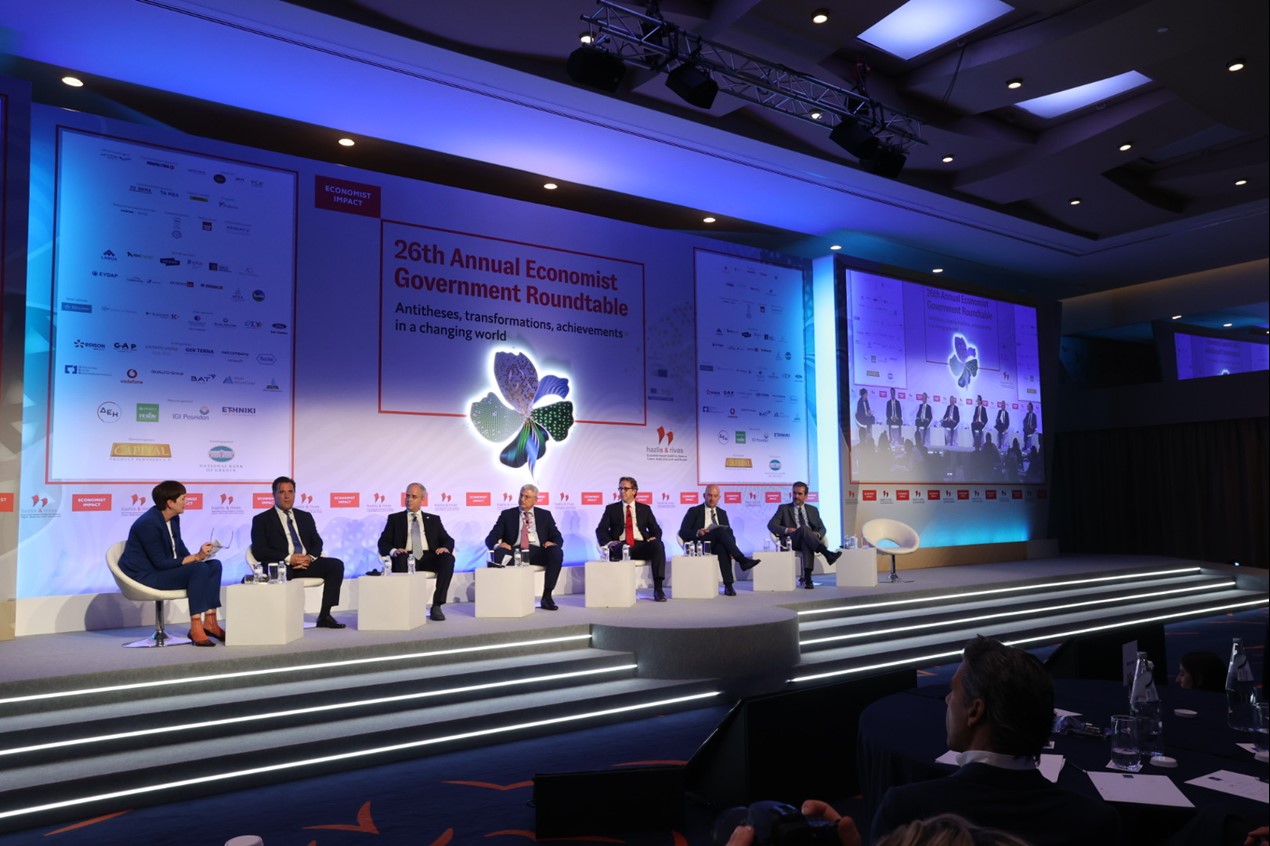
Dr. Axarloglou discussed how the Greek economy is evolving as an “open” economy – extravert and outward-looking, with emphasis on “focused” innovation. Greece is emerging as an innovation hub and an important “player” in the Global Value Chains.
Specifically, Dr. Axarloglou referred to the three main axes that characterize the country’s transition to the new growth model.
First, he underlined the importance of the relevant legal, political and social frameworks that facilitate this transition. In particular, Dr. Axarloglou referred to the government’s pro-business attitude and stressed the importance of society’s acceptance of the country’s development. Technology and the digital transformation of the State now supports faster expedition of investment and simplifies processes. Businesses are the ones that produce wealth and the government functions as a regulator or guide to economic growth.
Dr. Axarloglou then referred to the second axis – the relevant resources available to the country to transition to the new growth model. He emphasized the importance of brain gain and the attraction and promotion of top talent. At the same time, he noted that the “Great Resignation” reveals that location is, post-pandemic, a priority of human capital in working remotely and serving the international community. According to Dr. Axarloglou, Greece is an important destination for new-age digital nomads thus expanding the country’s talent pool.
In addition to human capital, Dr. Axarloglou referred to the increase in foreign digital investment, which shows the commitment of international capital to permanent investments in Greece. He also highlighted the crucial opportunities for implementing new Recovery and Resilience Facility (RRF) initiatives.
Finally, Greece's strategic vision is the third defining axis for the new growth model. As Dr. Axarloglou mentioned, the country is moving towards a model that has its eye on the international business community, focusing on innovation and high specialization. Although we recognize that a small country like Greece cannot do everything, it can do some things exceptionally well. Greece can emerge as a hub of “focused” innovation in certain areas (e.g., agri-farming sector, medicine and health care, analytics) and be recognized as a vital part of the Global Value Chains.
Dr. Axarloglou concluded: “We are all part of this new growth model. Along the path, there will be uncertainty, pressure and even failures. But there are also many successes. The most important goal is to create the economy we want for the good of society, our people, our children.”
Alba was an Academic Sponsor at this year’s event.
